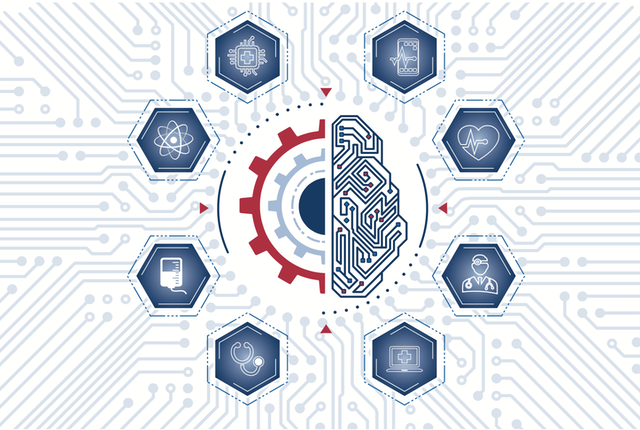
How Artificial Intelligence In ICT4D Projects Can Improve Lives
Artificial intelligence (AI) can be used in ICT4D projects to improve people’s lives in developing countries by providing access to information, opportunities, and services, and by promoting innovation and efficiency in various sectors. Some examples include:
- Healthcare: AI can be used to improve the diagnosis and treatment of diseases, through the use of machine learning algorithms to analyze medical data and identify patterns. It can also be used to support telemedicine and remote healthcare services, allowing for the delivery of care to people in remote or underserved areas.
- Education: AI can be used to personalize learning and adapt to the needs of individual learners, through the use of adaptive learning algorithms and other technologies. It can also be used to analyze data on learning outcomes and identify areas for improvement.
- Agriculture: AI can be used to improve the efficiency and productivity of agriculture, through the use of precision agriculture technologies such as remote sensing and GPS-based farming tools. It can also be used to analyze data on crop yields and identify patterns that can inform decision-making.
- Financial inclusion: AI can be used to expand access to financial services, through the use of mobile banking and other digital financial technologies. It can also be used to analyze data on financial behavior and identify patterns that can inform the design of financial products and services.
African Digital Colonialism is the New Face of Worker Exploitation
In recent years, Africa has become a crucial hub for artificial intelligence development, but not in the way many might expect. Rather than benefiting from technological...
What is Responsible AI vs. Trustworthy AI for Africans?
The shift from Responsible AI to Trustworthy AI evident in policies and practice represents an evolution in how organisations and governments conceptualise and...
Can Artificial Intelligence Improve Digital Public Infrastructure Solutions?
Technology can transform our ability to help those in need. The convergence of artificial intelligence and digital public infrastructure (DPI) represents one of...
How African Governments Can Create Effective Artificial Intelligence Policies
As artificial intelligence technologies rapidly advance globally, African governments are beginning to develop national AI strategies and policies. However, they...
Why the Artificial Intelligence Cold War Matters for Digital Development Practitioners
The “AI Cold War” refers to a geopolitical narrative describing the technological and strategic rivalry between major powers, primarily the United States...
What Top ICTworks Posts in 2024 Say About ICT4D Themes in 2025
I started ICTworks sixteen (16!) years ago to engage international development leaders to use ICT4D in their programs. This humble website is now the blog of record...
Apply Now: $1 Million Claude AI Credits from US State Department
Civil society groups are using mobile phones to document human rights abuses around the world. Then they use social media and online messaging to advocate for more...
New Training Course: How to Leverage Data and AI For Climate Action
Data is key to tackling some of humanity’s most pressing challenges—none more urgent than the climate crisis. As the climate continues to shift and its effects...
Apply Now: CHF 200,000 Grants to Engage Youth with Artificial Intelligence
Digital technologies and artificial intelligence can create impact for and with young people living in low- and middle-income countries. Especially when they prioritise...
Yes! International Development Organizations Need to Hire Chief Artificial Intelligence Officers Now!
The New York Times declared that the Chief Artificial Intelligence Officer is the hottest job in corporate America. Major companies are looking for leaders to help...










